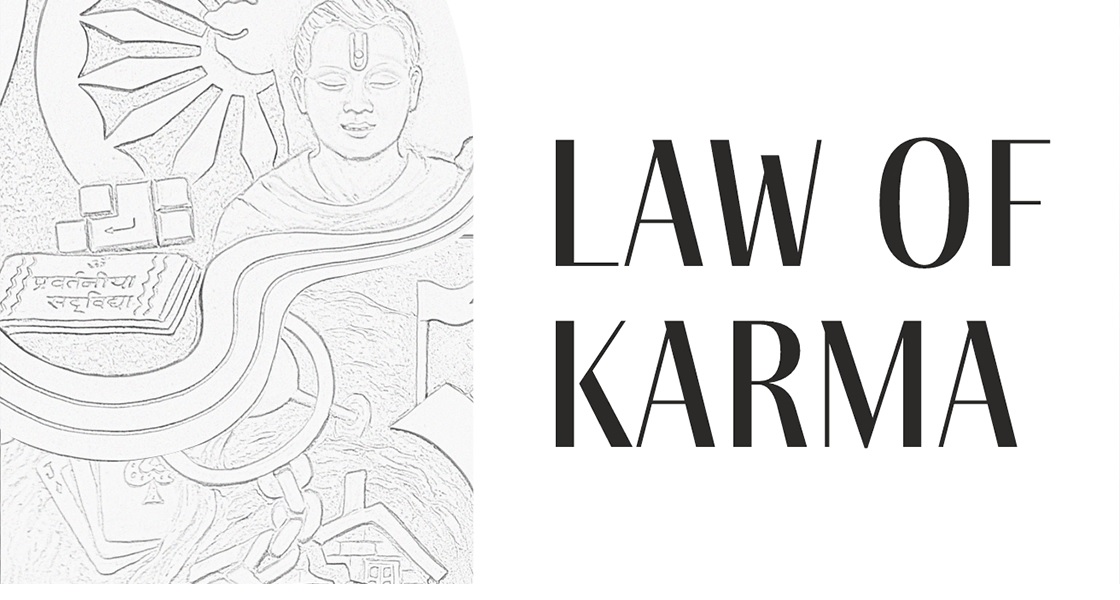Introduction
In the tapestry of life, each individual thread is woven with actions that create the patterns of destiny. The concept of karma, deeply rooted in various spiritual philosophies, reveals that our deeds, whether good or bad, have profound repercussions on our lives. The fascinating interplay between actions and outcomes is illustrated through the stories of three individuals whose lives were shaped by their karmic choices.
The King Dhritarashtra: A Tale of Suffering and Redemption.
In the grand kingdom of Hastinapur, reigned the mighty King Dhritarashtra, blessed with wealth and a hundred sons. His kingdom was intertwined with great warriors like Bhishma, Dronacharya, and Karna, guided by Vidura’s wisdom and his own son, Duryodhana. His life was marked by grief for his lost sons who were killed in the battle of Kurukshetra. Haunted by guilt and regret, he sought solace in the forest. His past karmas, stemming from a cruel act in a previous life, brought him suffering and pain. The burning of a hundred baby birds in the distant past manifested as the painful loss of his own sons, a karmic debt he couldn’t escape.
Osama Bin Laden: The Shadow of Terror Unveiled
From a wealthy family, Osama Bin Laden’s life took a dark turn as he masterminded global terror attacks, including the infamous World Trade Center tragedy. His past karmas, stained by the blood of thousands, led him down a path of destruction. Ultimately, justice caught up with him as he met his end at the hands of U.S. special forces, his body becoming prey for fish and sharks. The karmic fruits of his heinous actions were inescapable, serving as a stark reminder that our deeds have far-reaching consequences.
Bahauddin: A Journey from Poverty to Power
Bahauddin, known as Bawla, was a poor woodcutter collecting firewood to make ends meet. Through an act of selfless service, he donated firewood to provide warmth to Pujya Krupanand Swami, leading to blessings that transformed his life. His past karmas, rooted in compassion and kindness, paved the way for him to become the Prime Minister of Junagadh. Bawla’s story serves as an inspiring testament to the power of noble deeds and the potential for positive change through karma.
Understanding Karma’s Impact
Our deeds decide our destiny. Good deeds (punya karma) generate long-lasting happiness and opportunities, on the other hand, bad deeds (paap karma) cause temporary happiness followed by prolonged unhappiness and difficulties.
The law of karma operates on three distinct levels – physical, mental, and spiritual. Bad physical karma can result in imprisonment and violence, while bad mental karma brings guilt, inner conflict, and anxiety. On a spiritual plane, bad karma can create disharmony and erode values. Bad deeds weaken us holistically, affecting our well-being on multiple levels. Conversely, good physical karma promotes health and excels academically through a better grasp and retention of knowledge. Good mental karma manifests peace of mind, increased focus and concentration and lastly, good spiritual karma conjures inner fulfilment with a deep-rooted connection with saints, scripture and God.
Reaping What You Sow: The Unavoidable Fruits of Karma
Just as seeds planted in fertile soil eventually bear fruit, so do our actions. The Markandeya Purana emphasizes that all deeds, whether virtuous or sinful, yield consequences in this life or the next. The idea is clear – we cannot escape the fruits of our karma. Every action has a reaction, and this universal law remains unwavering.
Finding Sanctuary from Bad Karma.
Is there a way to shield ourselves from the repercussions of bad karma? The answer lies in connecting with Saints and seeking their guidance. By engaging in Satsang and forging attachments with Saints, we can navigate the complex web of karma with greater clarity. Through their wisdom, we can find solace and guidance, enabling us to make better choices and break free from the cycle of negative actions.
Conclusion: Navigating the Seas of Destiny
The stories of King Dhritarashtra, Osama Bin Laden, and Bahauddin illuminate the profound influence of karma on our lives. Our deeds, whether virtuous or sinful, shape the course of our destinies. As we journey through life, let us strive to be mindful of our actions, understanding that each choice we make has the potential to create ripples of joy or sorrow. By cultivating a life rooted in virtuous deeds, guided by the wisdom of Saints, we can chart a path toward lasting happiness and spiritual growth. Remember, the tapestry of your life is woven by the threads of your karma – may it be deeply connected with the Saints.

